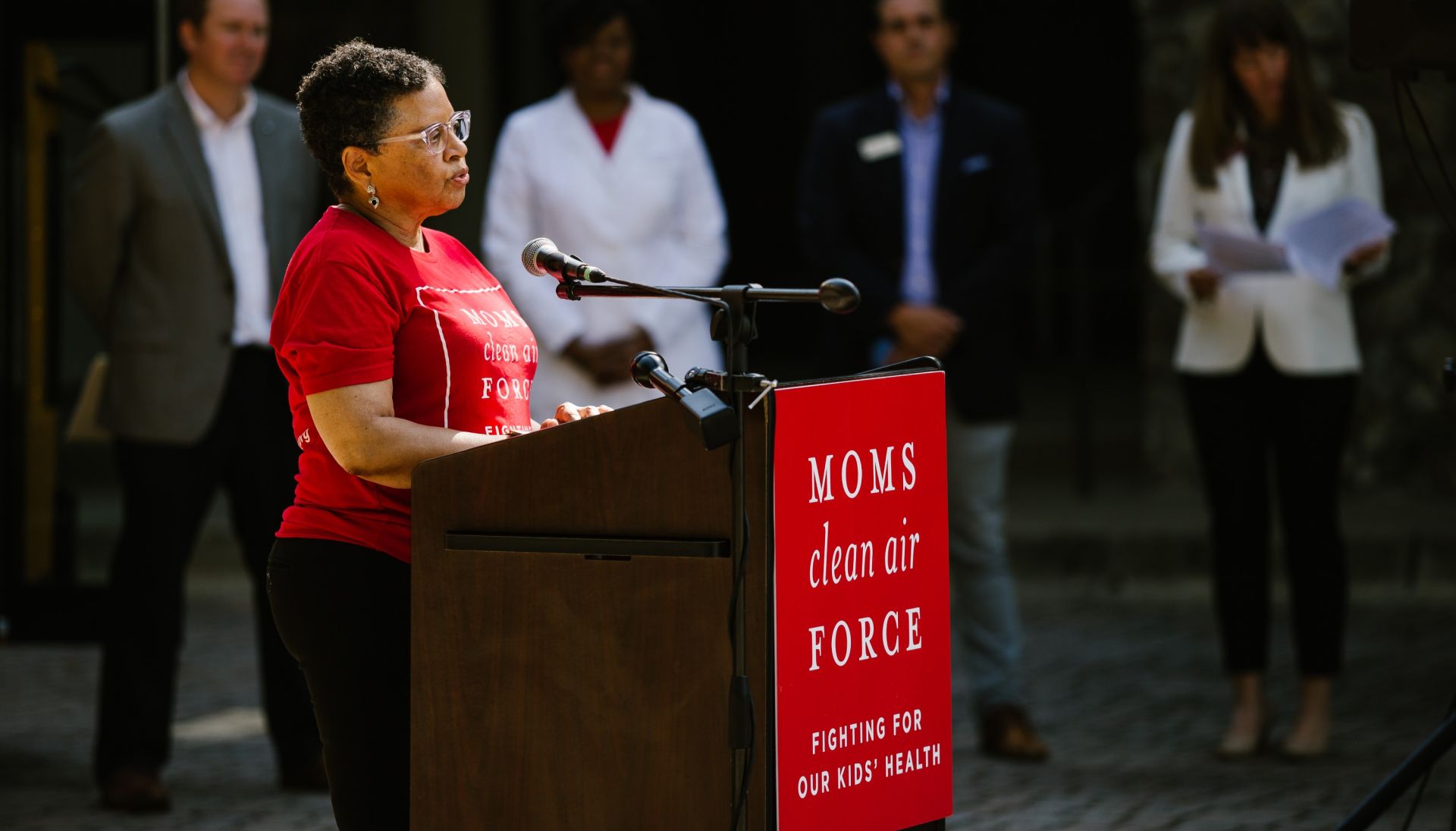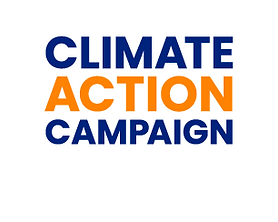

VIRGINIA
Climate Wins Here in Virginia
Virginians won big with the unprecedented climate and clean energy investments approved in the historic Inflation Reduction Act and the Infrastructure Investment and Jobs Act. Over 8 in 10 state residents support climate and clean energy investments like those included in these laws because Virginia is uniquely positioned to seize on the growth opportunities of a transition to a clean energy economy. These new investments will cut climate pollution and accelerate the growth of clean energy – protecting our air, our climate, our health, and our communities while creating economic opportunity.
President Biden and climate leaders in Congress have delivered for Virginians in a big way by boosting clean energy in Virginia, coastal restoration, and climate-smart agriculture and conservation programs, all while helping prevent the most catastrophic impacts of climate change and lowering costs for Virginia families.

Clean Energy
- The Inflation Reduction Act of 2022 will:
-
-
-
Bring an estimated $11.6 billion of investment in large-scale clean power generation and storage to Virginia by 2030.
-
Provide $30 billion in tax credits to accelerate domestic production of solar panels, wind turbines, batteries, and critical minerals processing.
-
Create a new $10 billion investment tax credit to build new manufacturing facilities for clean technologies such as electric vehicles, wind turbines, and solar panels.
-
Spur domestic production with clean energy tax incentives, which could create up to 1.5 million jobs in 2030 and 9 million jobs over the next decade.
-
In 2021, over 90,000 Virginians were employed in a clean energy industry
-
A 2020 report found that federal clean energy stimulus investments similar to those considered in the Inflation Reduction Act would add 85,000 clean energy jobs in Virginia over five years
-
-
Offer 10 years of consumer tax credits to make homes more energy efficient, making heat pumps, rooftop solar, electric HVAC, water heaters, and electric appliances more affordable.
-
Create a $1 billion grant program to make affordable housing more efficient.
-
Lower energy costs for families in Virginia with estimates ranging from $300 to $1,800 in annual savings, according to independent analyses.
-
The average household could see between $1,025 in household energy costs including electricity costs, home energy, and transportation by 2030 compared to 2021.
-
-
-
Over the next five years, the Infrastructure Investment and Jobs Act will:
-
Deliver a portion of the $3.5 billion national investment in energy efficiency and weatherization programs to reduce energy costs for American families.
-
-
Since the Infrastructure Investment and Jobs Act was signed into law in November 2021, millions of dollars in clean energy investments have already been announced in Virginia:
-
$65 million for Weatherization Assistance Program to reduce energy costs for low-income households and $5.5 million to help prevent outages and make the power grid more resilient.
-
-

Lowering Costs for Rural Communities with Clean Energy
-
The Inflation Reduction Act of 2022 invests $14 billion to lower costs for families and support good-paying clean energy jobs in rural communities, including:
-
$9.7 billion for loan assistance to help rural electric cooperatives in the transition to cleaner energy, which will dramatically cut climate pollution
-
$1 billion for Rural Renewable Energy Loans helping rural communities, farmers, and small business owners invest in renewable energy and be more energy efficient.
-
-
Since November 2021, the Infrastructure Investment and Jobs Act has jumpstarted rural transportation in Virginia, including:
-
$1.5 million for the Appalachian Development Highway System.
-
$379,400 for rural transportation grants.
-

Restoring Habitats, Aiding Farmers & Conserving Our Natural Resources
-
The Inflation Reduction Act of 2022 will:
-
Provide $2.6 billion in grants to conserve and restore coastal habitats, mitigate climate change, and protect communities.
-
Norfolk is expected to see an 8-fold increase in high tide flooding by 2050.
-
-
Invest $20 billion to give farmers the tools to address the climate crisis such as implementing and expanding climate-smart agriculture practices.
-
Allocate $1 billion for the National Park Service and Bureau of Land Management public lands conservation.
-
$2.2 billion funding for forestry conservation programs including $700 million for the Forest Legacy Program offering significant natural carbon sequestration benefits.
-
-
Over the next five years, the Infrastructure Investment and Jobs Act will:
-
Provide millions for resilience programs to make communities safer and infrastructure more resilient to the impacts of climate change including $15 million to protect against wildfires.
-
-
Since the Infrastructure Investment and Jobs Act was signed into law in November 2021, millions of dollars in public health investments have already been announced in Virginia:
-
$417 million for infrastructure resilience with $401 million directed towards coastal storm risk management, hurricane, and storm damage reduction projects, and an additional $36 million for Promoting Resilient Operations for Transformative Efficient, and Cost-Saving Transportation (PROTECT) programs to help make surface transportation more resilient to climate change.
-

